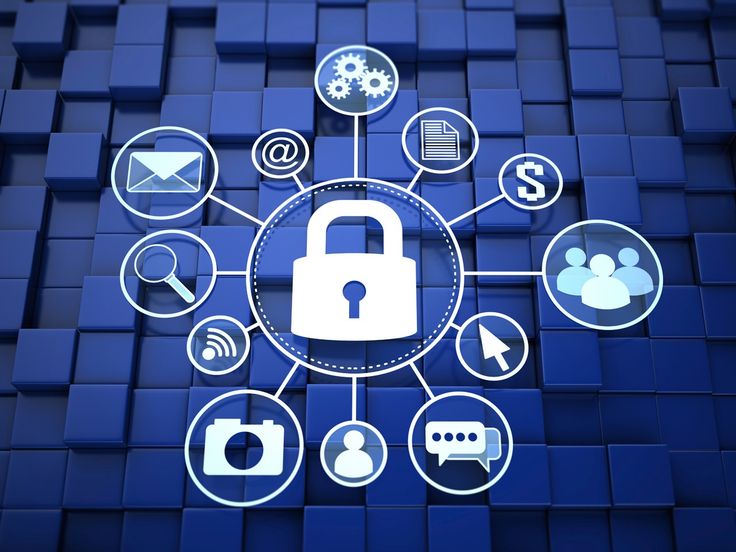The Benefits of Email Encryption

You may be asking yourself: What are the benefits of email encryption? First of all, it protects your confidential information. Then, it makes it much harder for spoofers to steal your identity and private information. Finally, it helps you determine the authenticity of the sender. By using encryption and secure connections, you reduce the chances of a successful attack. Read on to find out more about email encryption and its benefits. You can also learn more through fortinet.com.
Encryption protects confidential information.
When sending sensitive information over the Internet, encryption is essential. By scrambling plain text into a secret code, encryption prevents online snoops and hackers from reading the content. The recipient only has the key to decrypt the message. Encryption also protects data stored on your device, such as text messages on your smartphone or running logs on your fitness watch. You can also encrypt banking information and send it through your online account.
Email encryption is an effective way to secure confidential information. The most common threat to email is unsecured networks or public networks. Email is frequently sent over such networks, making it vulnerable to hacking. Encrypting emails ensures that their contents are unreadable during their travels between the sender and recipient. Encryption also makes it difficult for other people to read what is contained in your messages. This protects your reputation and bottom line.
It prevents spoofed emails.
One of the most important things you can do is to be vigilant. Spoofed emails have a habit of leading recipients to malicious websites, computer software, and cybercrime sites. Spoofed emails can also make recipients think that they’re being scammed. To protect yourself from being scammed, keep your email security up-to-date and install anti-spam software. If you’re not already using such software, you should install it now.
One of the most common types of email spoofing involves an impersonating executive or a business owner. The attacker will use an email address that looks similar to the actual owner of the organization. It will ask for personal information or click on a link to install malware. In the case of a business, the spoofing email may request that a wire transfer be made to a foreign supplier.
It helps identify authentic senders.
To protect your information and network from threats, email security is a high priority for organizations. Email security prevents hackers from using your name and subject lines to send fake messages. It also helps you look more legitimate, making your customers and suppliers feel safer. To keep your data and network secure, follow these tips to ensure email security. In addition, keep your network secure by using a trusted email authentication system to stay safe.
The main goal of email spoofing is to deceive users into believing that the message is coming from a person they know and trust. Attackers then use their victim’s trust to steal their sensitive information. The solution is to block the email message from the recipient’s inbox. This prevents the user from reading the subject line, which can be dangerous. In addition, email security helps you identify authentic senders.
It reduces the probability of a successful attack.
While email is not the only target of cyberattacks, a company must implement security measures to minimize the impact of email-based attacks. Unsecured business email accounts invite malicious actors, and if employees open malicious Emails, the results can be catastrophic. These actions could lead to account hacking, compromise of confidential data, reputation damage, and full network impact. Therefore, a comprehensive approach to Email security is necessary, as it covers the entire Email delivery stream.
Organizations must prioritize email security because the Internet is a highly vulnerable channel for malware, viruses, and spam. Email-based threats can lead to identity theft, ransomware attacks, and other serious issues. Email security is the best way to prevent these attacks and maintain control over email content. The following tips can help companies secure their email systems and reduce the likelihood of a successful attack. The following are the most common email security best practices.
It helps avoid message replay attacks.
Using an Intrusion Detection System (IDS) is an excellent way to protect your network from security breaches. It can detect replay attacks and automatically take appropriate measures to stop them. Another great way to protect your network from replay attacks is to implement a Security Information and Event Management (SIEM) system, which can collect relevant information on hacking attempts and message replay attacks. If you’re unsure which solutions to use, consider combining the two.
Encryption can also help prevent replay attacks. Encrypted messages carry keys that can only be decoded when they reach the recipient. This prevents replay attacks because attackers must resend the news with a key to decipher it. A suitable encryption method would allow the sender and receiver to create a random session key that you cannot use again. Encryption is an excellent way to protect your online communication from replay attacks.



































